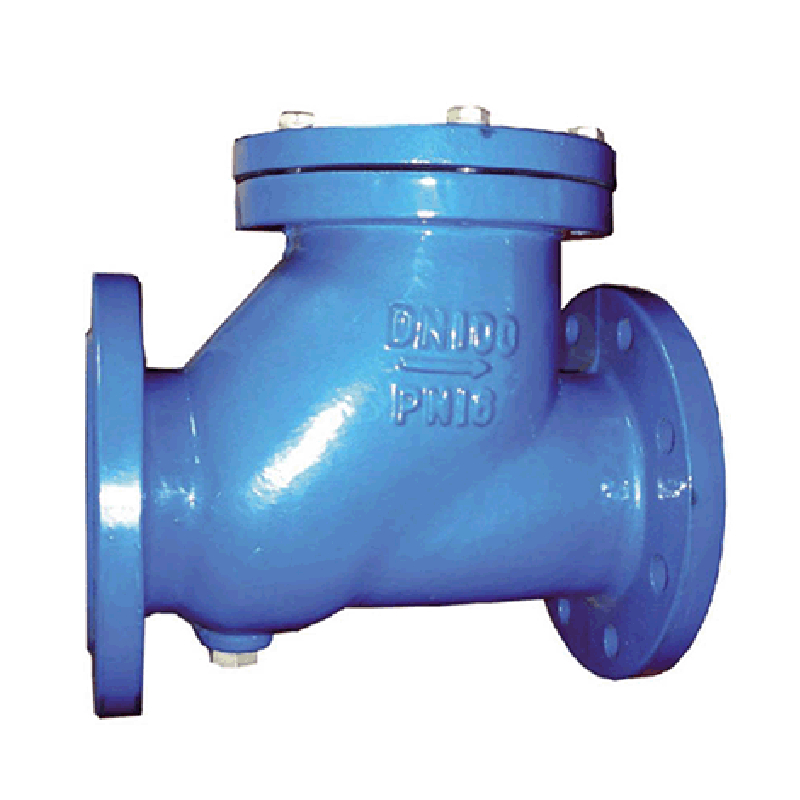Dec . 12, 2024 10:38 Back to list
copper cable wire
Understanding Copper Cable Wire A Comprehensive Overview
Copper cable wire has become an integral part of modern electrical systems, serving as the backbone for various applications, from residential wiring to telecommunications. The choice of copper as the primary material for these cables is attributed to its excellent electrical conductivity, durability, and versatility. In this article, we will delve into the significance of copper cable wire, its types, applications, advantages, and the key factors to consider when choosing copper wire for specific purposes.
The Importance of Copper in Electrical Applications
Copper is widely recognized for its superior electrical conductivity, second only to silver. However, copper is more cost-effective, readily available, and reliable for electrical applications. The high conductivity ensures minimal energy loss during transmission, making copper wire a preferred choice for electrical and electronic equipment. Additionally, copper is resistant to corrosion and can withstand high temperatures, which further enhances its suitability for various environments.
Types of Copper Cable Wire
Copper wire comes in several forms, tailored for different applications. The two primary categories are
1. Solid Copper Wire This type consists of a single copper strand and is commonly used in residential and commercial wiring. It offers excellent conductivity and is easier to connect for various electrical components.
2. Stranded Copper Wire Composed of several smaller strands twisted together, stranded wire provides greater flexibility, making it ideal for applications requiring bending or movement, such as in automotive or aerospace industries. Stranded copper wire is also easier to work with in tight spaces.
Apart from these basic forms, copper wires can be categorized based on their insulation type, which can include PVC, Teflon, or rubber coatings. The choice of insulation affects the wire’s performance, temperature rating, and suitability for specific environmental conditions.
Applications of Copper Cable Wire
The versatility of copper wire has led to its widespread use across various sectors. Some of the significant applications include
- Residential Wiring Copper wire is primarily used in the electrical systems of homes, powering appliances, lighting, and HVAC systems. - Telecommunications In data transmission, copper cables facilitate communication between internet service providers and end-users. Various types of copper cables, such as twisted pair and coaxial cables, are used depending on the type of service.
- Automotive Industry Stranded copper wire is predominately used in vehicles for various electrical systems including lighting, battery connections, and infotainment systems due to its flexibility.
- Industrial Machinery Copper cables power machinery and heavy equipment in factories, ensuring efficient operation through reliable electrical connections.
- Renewable Energy With the growing focus on renewable energy sources, copper is fundamental in solar panel systems and wind turbines, contributing to energy transmission and efficiency.
copper cable wire

Advantages of Using Copper Cable Wire
The benefits of using copper wire are numerous
1. High Conductivity Copper is one of the best conductors of electricity, leading to reduced energy losses during transmission.
2. Durability Copper is resistant to wear and tear, making it suitable for long-term applications.
3. Flexibility Stranded copper wires offer enhanced flexibility, making installation in tight or complex spaces easier.
4. Corrosion Resistant Copper naturally forms a protective oxide layer, which helps to prevent corrosion and prolongs the lifespan of the wiring.
5. Recyclability As an environmentally friendly option, copper can be recycled without losing its properties, contributing to sustainability.
Factors to Consider When Choosing Copper Wire
When selecting copper cable wire for a project, several factors should be taken into account
- Gauge Wire gauge affects the amount of current the wire can safely carry. Understanding the specific current requirements of the application is essential.
- Insulation Type The insulation must match the environment and conditions in which the wire will be used to ensure safety and efficiency.
- Application Consider whether the wire will be used in a stationary application or one that requires flexibility to determine between solid or stranded copper wire.
Conclusion
Copper cable wire is a crucial component in a multitude of electrical applications, providing efficiency, durability, and ease of use. Understanding its types, benefits, and applications can help both professionals and DIY enthusiasts make informed decisions regarding their electrical wiring needs. As technology continues to advance, copper wire will undoubtedly remain a staple in the electrical industry, powering the innovations of tomorrow.
Share
-
Reliable Wafer Type Butterfly Valves for Every IndustryNewsJul.25,2025
-
Reliable Flow Control Begins with the Right Ball Check ValveNewsJul.25,2025
-
Precision Flow Control Starts with Quality ValvesNewsJul.25,2025
-
Industrial Flow Control ReliabilityNewsJul.25,2025
-
Engineered for Efficiency Gate Valves That Power Industrial PerformanceNewsJul.25,2025
-
Empowering Infrastructure Through Quality ManufacturingNewsJul.25,2025